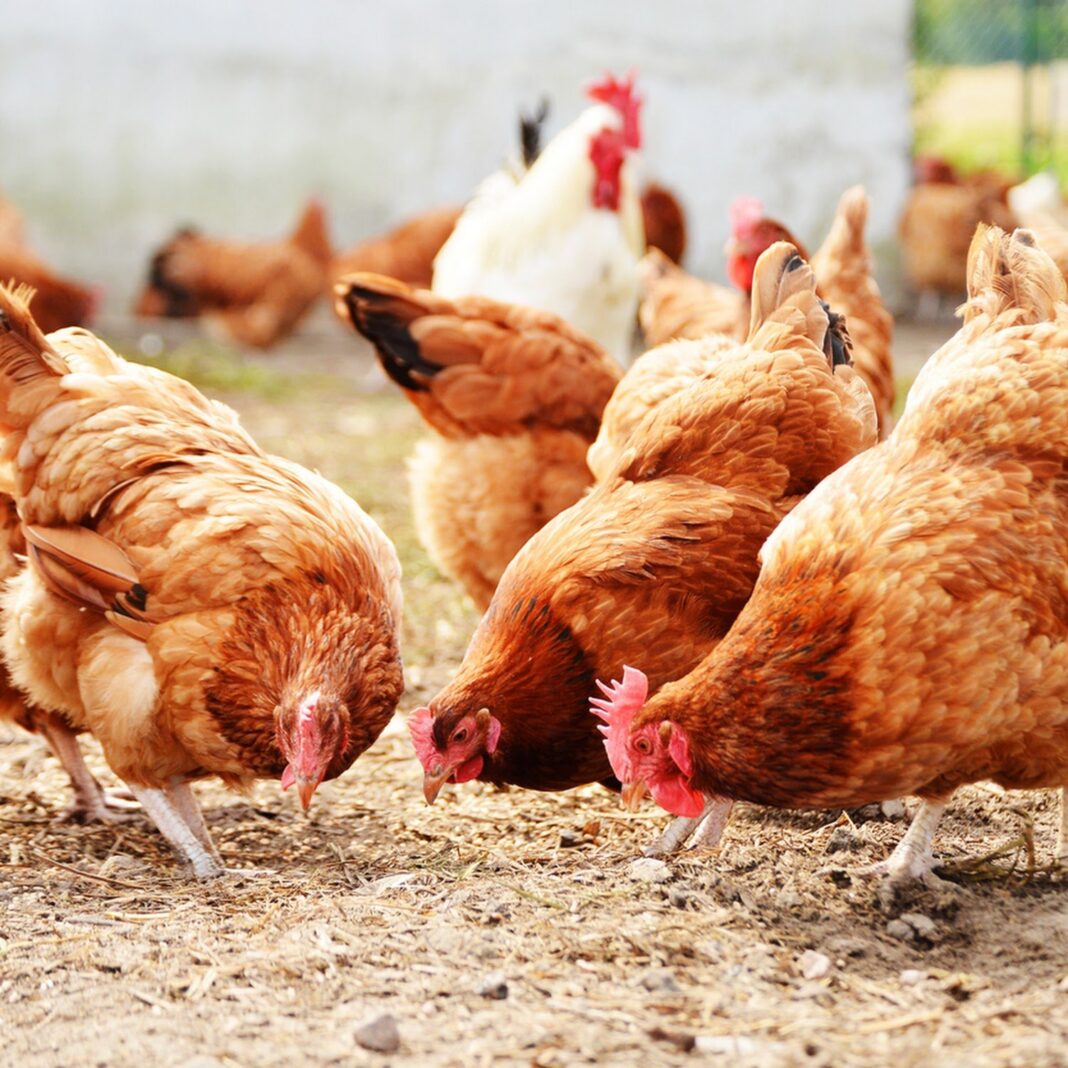Lerato Mbhiza
THE Department of Agriculture, Land Reform, and Rural Development has confirmed that South Africa has recorded more than 50 cases of the Highly Pathogenic Avian Influenza, also known as bird flu in various parts of the country.
A total of fifty (50) HPAI H7 outbreaks and ten (10) HPAI H5 outbreaks were reported in various parts of the country.
Spokesperson for the Department, Reggie Ngcobo, said Gauteng is the hardest hit by the HPAI H7 outbreak, with 37 cases reported so far.
Mpumalanga, Limpopo, and Northwest have reported two cases each of the strain, while the Free State has so far recorded only one case.
Ngcobo said the reported number of chickens that have died from the H7 strain stand at 107 705, while the reported number of chickens that were culled are 1 318 521.
In total, there has been a loss of 1 426 226 chickens due to the H7 strain.
“Western Cape Province also hardest hit with regards to the HPAI H5 outbreaks having a total of 7 reported outbreaks. The other 3 HPAI H5 outbreaks are within KwaZulu-Natal Province.
The reported number of chickens that died of the H5 strain is 98 249, the reported number of chickens that were culled: 1 156 283
Based on these reported figures, there has been a total loss of 1 254 532 chickens,” he adds.
Ngcobo said the number of newly detected H7 and H5 PCR-positive farms are increasing, urging the industry to ensure biosecurity on poultry farms to reduce the risk of introduction.
The department has facilitated the importation of fertile eggs for the broiler industry; a similar request for the table eggs will be considered if received, Ngcobo said.
“We are also facilitating the transit to Eswatini of fertile eggs for their broiler production. With regards to vaccination, the Department met with vaccine registration regulators and the agreement reached is that the registration of vaccines will be fast-tracked, but the safety, efficacy, and quality will not be compromised.
“Due to the high probability of the Avian Influenza virus mutating and becoming zoonotic, care needs to be taken on the quality and efficacy parameters of the vaccine chosen for use in this exercise.
“The criteria under which vaccination will be permitted is almost in its final development, and only farms with good biosecurity and approved to vaccinate by the department will be given permission to vaccinate.
“The other requirements for vaccination will be surveillance to enable early detection of incursion and mandatory slaughter of vaccinated chickens,” says Ngcobo.
“The basic measures should aim at preventing contact with wild birds, including their fecal material which can be transported in boots and equipment. Any suspicion of the disease must be reported immediately to the State Veterinarian nearest to you.”
Earlier this month, the South African Poultry Association (SAPA) said the country was contending with two different strains of the virus, the infamous H5N1 and a new strain identified as H7N6.
The latter was spreading through the northeastern provinces of Mpumalanga and Gauteng “at an alarming rate”, according to Astral.
Bird flu does not typically infect humans. But H5N1 is increasingly infecting mammals worldwide, from sea lions in Argentina to foxes in Finland, raising fears it could pass on more easily to humans.
The virus has typically been confined to seasonal outbreaks, but since 2021 cases have emerged year-round, and across the globe, leading to what experts say is the largest outbreak ever seen.
INSIDE POLITICS



